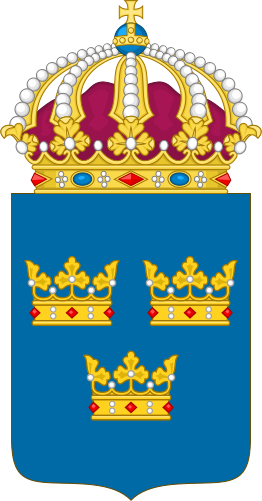Community / Land projects / Sustainable Use of Natural Resources for Environment and Econ. Dev.-SUNREED
Sustainable Use of Natural Resources for Environment and Econ. Dev.-SUNREED

€0
12/21 - 06/27
Active
This project is part of
Implementing Organisations
Donors
Data Providers
General
The overall objective of the concept proposal “Sustainable Use of Natural Resources for Environment and Economic Development, shortly SUNREED” is to increase the sustainable use of private forest resources and value chain development on renewable energy based on wood biomass (district heating system) that will generate a higher volume of forest goods and income opportunities to rural households. The project proposals goal will be achieved through the following two outcomes: Outcome 1: Private forest owners have increased value and sustainability of the forest stand ecosystems. Outcome 2: Value chains actors have increased wood biomass production, processing and final use. The implementing partner is CNVP Foundation. The project will be focused on addressing key constraint faced by the private forest owners and provide support to them in collecting evidence and advocating for policy and legal changes with public institutions in favor of private forestry.
Objectives
The overall objective of the program is: Poverty reduction for both women and men in forest areas through additional income and jobs from sustainably managed forests including wood biomass, Medicinal and Aromatic Plants (MAPs), Non-Wood Forest Product (NWFPs) and carbon backed up by an enabling policy environment and supported by sustainable service provision by National Association of Private Forest Owners (NAPFO) and Association of Private Forest Owners (APFOs). To reach this objective the following outputs and outcomes have been proposed: Outcome 1: Increased incomes for Private Forest Owners (PFO) including women as a result of improved forest management and engagement in NWFP / MAP market systems There are 4 outputs that relate to this outcome: Output 1.1: Increased and diversified production from sustainably managed forest land; Output 1.2: Enhanced and sustainable service delivery by APFOs and the NAPFO to their members; Output 1.3: Women and youth living in rural areas engaged in forest-related market systems; Output 1.4: Enabling policy environment promoted, including a road-map for developing a carbon market. Outcome 2: A market system for wood biomass (wood chips), providing incentives for proper forest management and income generation for PFOs, and leading to reduced greenhouse gas impact Interventions that will lead to the realisation of this outcome can be grouped into 4 key outputs: Output 2.1: Output 2.1 Development of a national roadmap on wood biomass production, marketing and use Output 2.2: Establishment of four pilot wood biomass collection points supported; Output 2.3: At least 10 heating systems based on wood biomass promoted; Output 2.4: Increased information, capacities and learning on wood biomass market systems.





